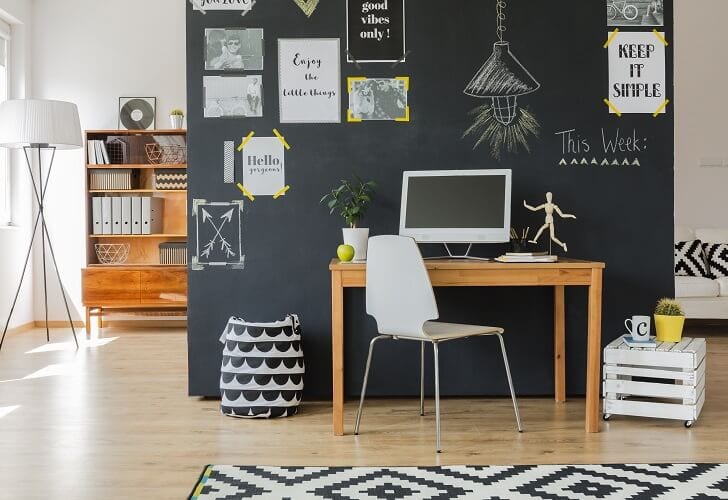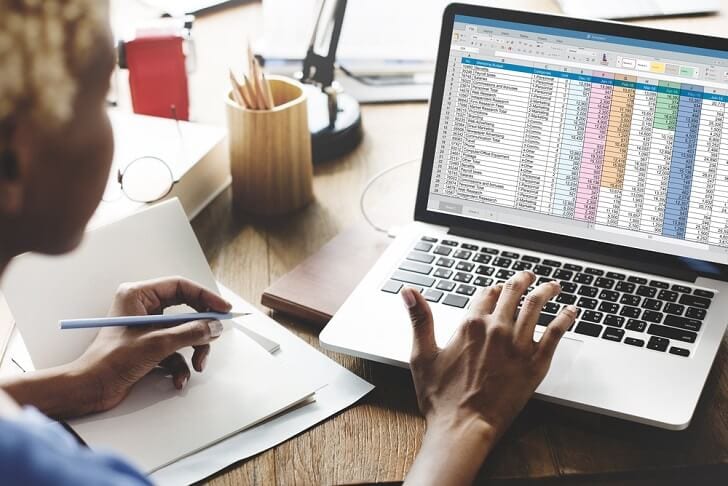If you’re one of those freelancers or entrepreneurs who just finished setting up a new home office before the pandemic hit, then you’re probably somewhat regretting that you spent hundreds or thousands of dollars on that project.
The good news is that you can recoup some of your expenses through tax deductions. Here’s how self-employed people can qualify for tax breaks.
How to Qualify for a Tax Deduction

To qualify for a home office tax deduction, you must have a dedicated space in your home that’s solely used for work or running your business. This means designating a workspace that isn’t used for personal purposes.
You won’t need to have an entirely separate room as a home office though. If you have limited space in your apartment or house, the area around your work desk and office chair will qualify you for the tax break.
Deductible Expenses for Freelancers

Now that that’s cleared up, the next thing you might want to do is calculate how much you can deduct. You can go about this in two ways.
To make things simpler, you can just take a prescribed deduction based on the amount of space your home office takes up. Freelancers and entrepreneurs can expect to deduct $5 per square foot for a maximum of $1,500 deduction.
Meanwhile, the other method requires you to individually account for the expenses that are related to keeping your home office. This includes the following: your work laptop, printer, desk, office chair, and even the repairs you had just done.
All of these can be deducted in full.
Other Deductibles

Aside from the deductibles mentioned above, you can also get a tax break on a percentage of several indirect expenses. For example, you can 10% off of your indirect expenses if you have a home office that occupies around 200 square feet of your 2,000-square-foot home.
Deductible indirect expenses include the following: security costs, insurance premiums, property taxes, your home’s mortgage interest, and more.
Since there’s a lot of expenses to keep track of, it’s recommended that you be diligent when it comes to keeping records and receipts of all of your home office expenses to make accounting for them easier come the next tax filing season.



